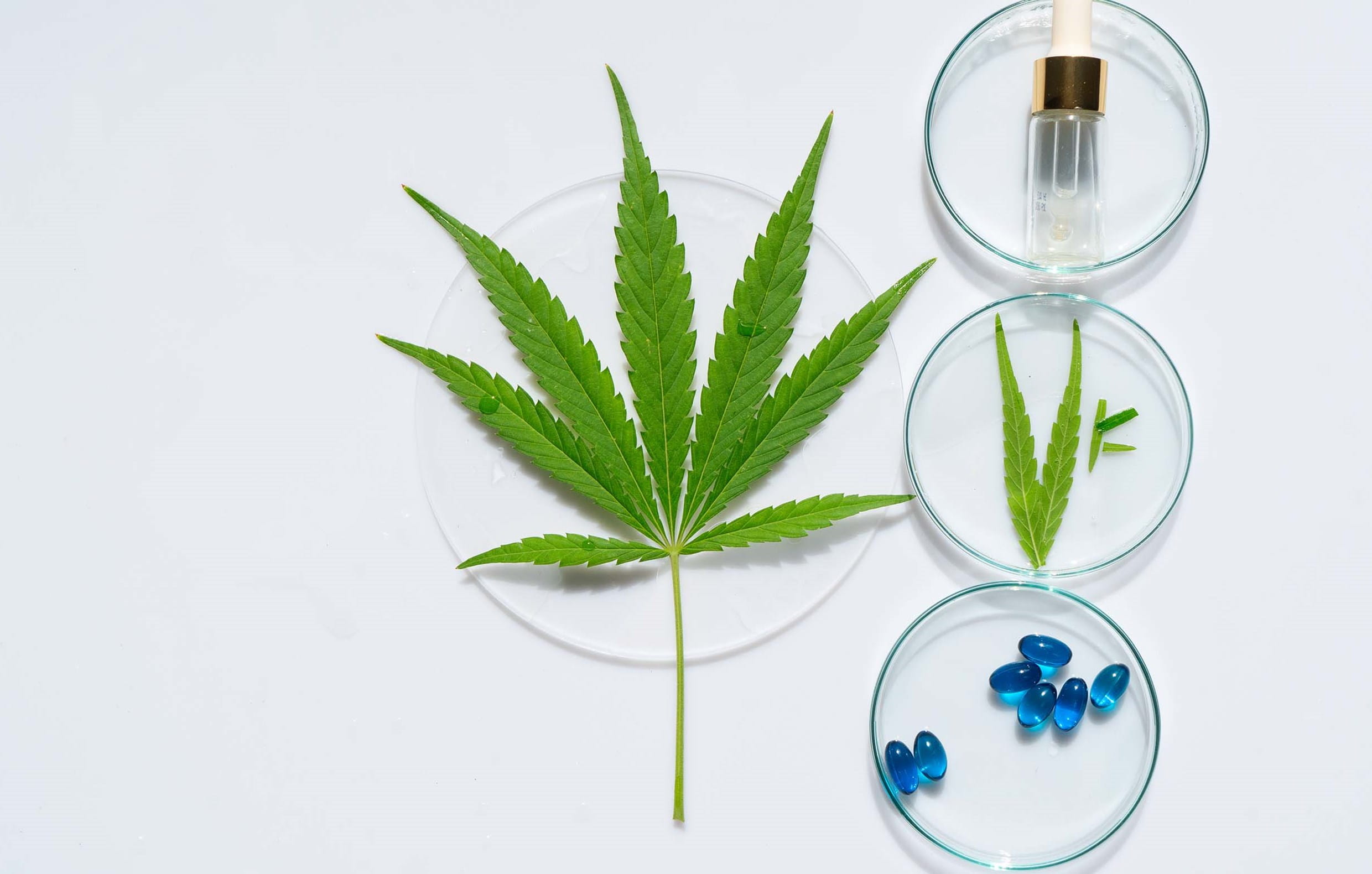
Designing a THC Edible Routine: Strain, Dose, and Daily Intentions
In the world of cannabis wellness, THC edibles have become a go-to option for people seeking a balanced, long-lasting experience.
FREE SHIPPING ON ORDERS OVER $99 | 10 points = $1

The quest for enhanced productivity has propelled interest in both LSD edibles (often microdosed) and smart drugs (nootropics or pharmaceutical cognitive enhancers). While both are popularized as tools for improving focus, creativity, and work output, recent research shows significant differences in how they affect productivity—especially for healthy individuals without ADHD or clinical diagnoses.
LSD edibles, when microdosed (sub-perceptual doses), are most commonly used for their potential to:
What does the evidence say?
Risks and Drawbacks:
Smart drugs—including prescription stimulants (e.g., methylphenidate, modafinil, dextroamphetamine)—are widely used for their supposed cognitive-enhancing effects.
What does the evidence say?
Risks and Drawbacks:
| Aspect | LSD Edibles (microdose) | Smart Drugs (e.g., Modafinil, Ritalin) |
|---|---|---|
| Documented productivity gain | Not significant in controlled studies | Productivity often decreases for complex tasks |
| Effects on focus/creativity | Subjective focus, sometimes creative flow; highly variable | Higher motivation, but increased randomness and lower work quality |
| Risks | Legal, acute anxiety/distraction, long-term unknown | Dependency, cardiovascular strain, sleep disruption |
| Best suited for | Some creative tasks, flow states (subjective) | Possibly sleep deprivation, clinical ADHD diagnosis |

In the world of cannabis wellness, THC edibles have become a go-to option for people seeking a balanced, long-lasting experience.

For centuries, creative minds have sought ways to unlock inspiration, enhance focus, and break free from mental blocks. Cannabis has